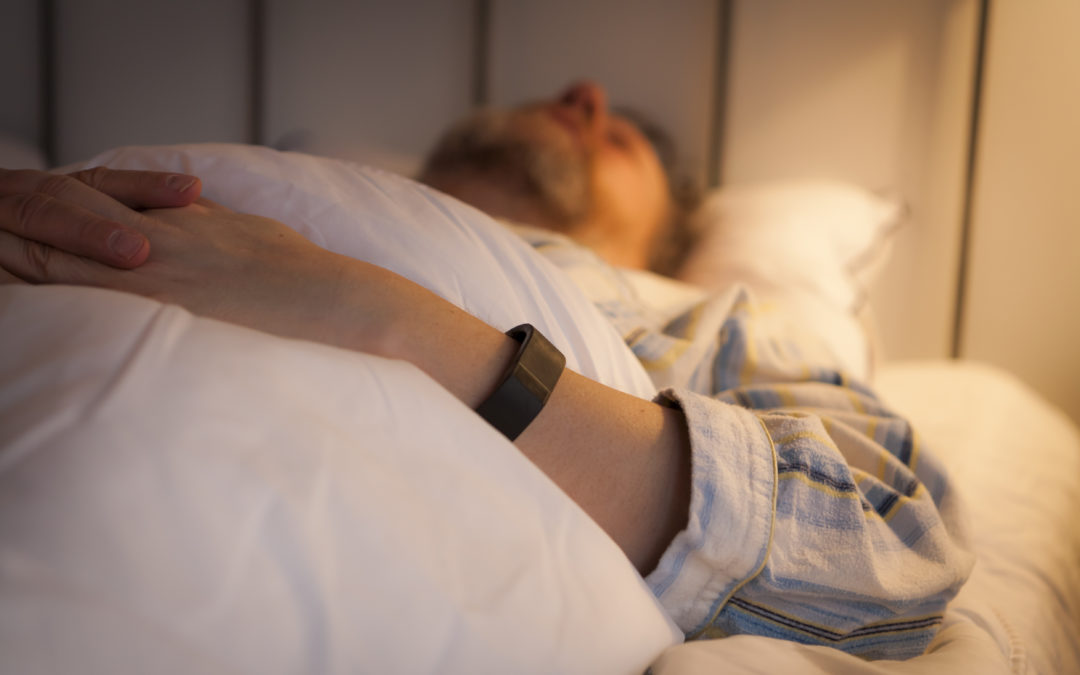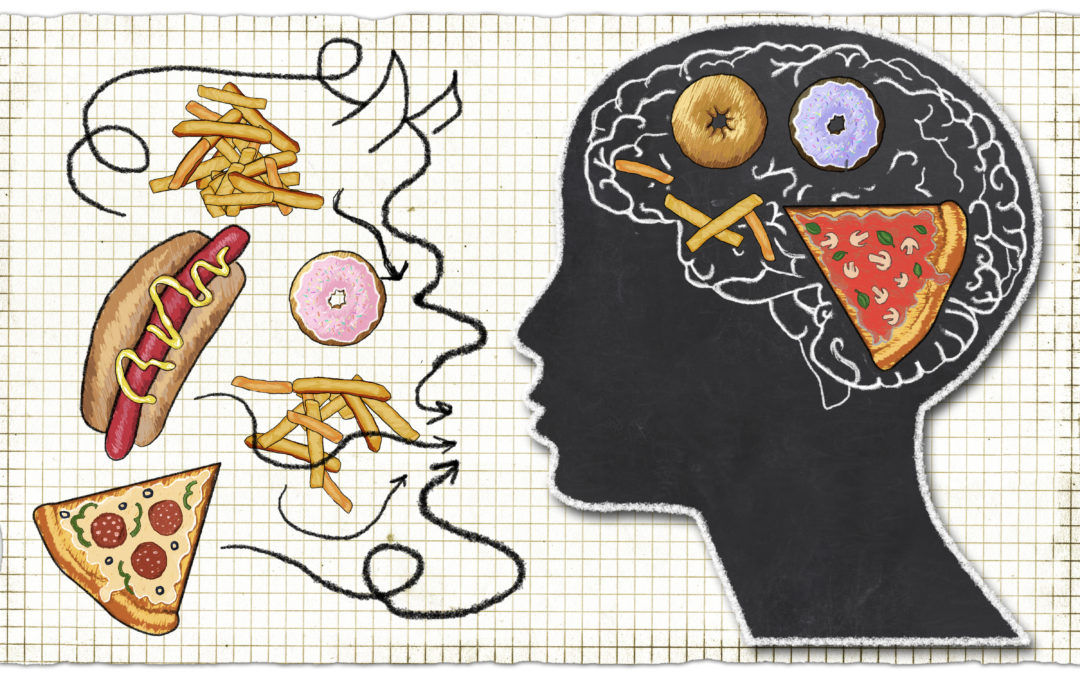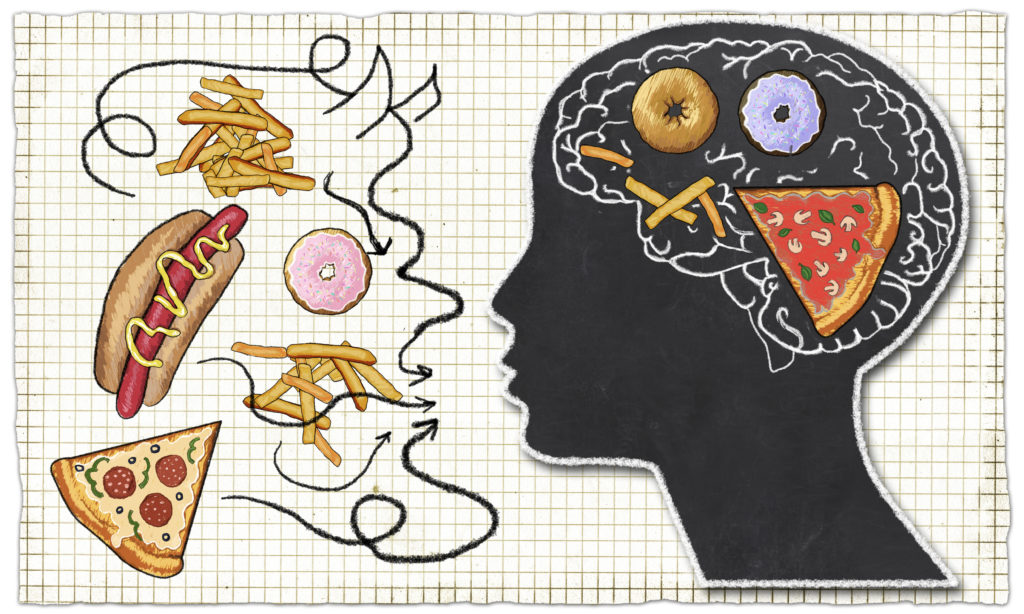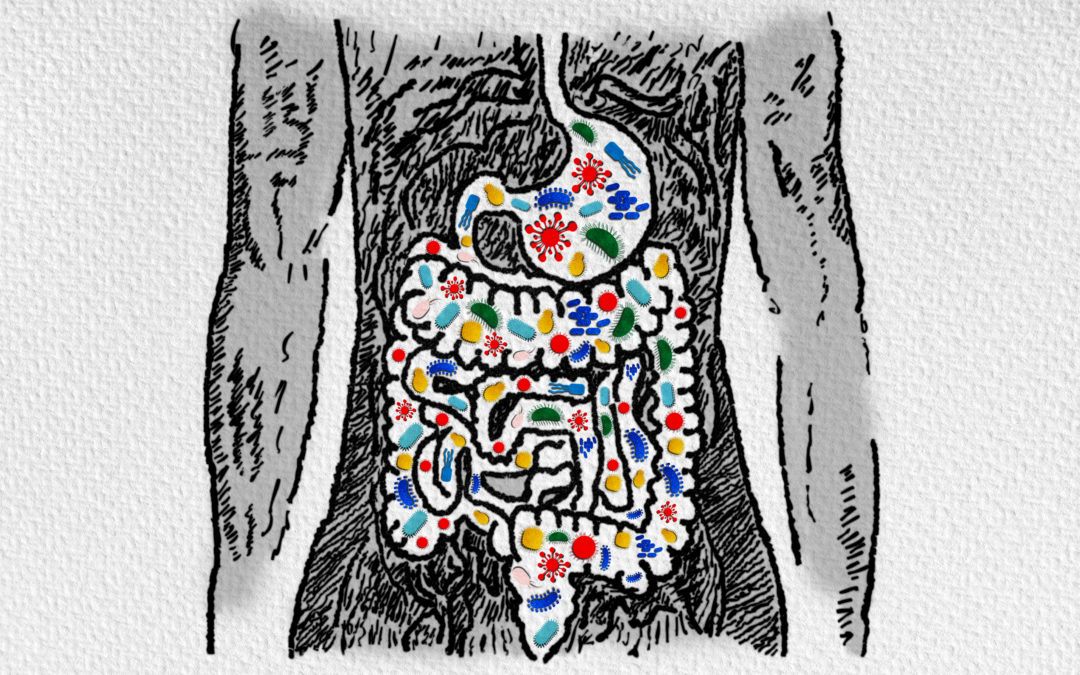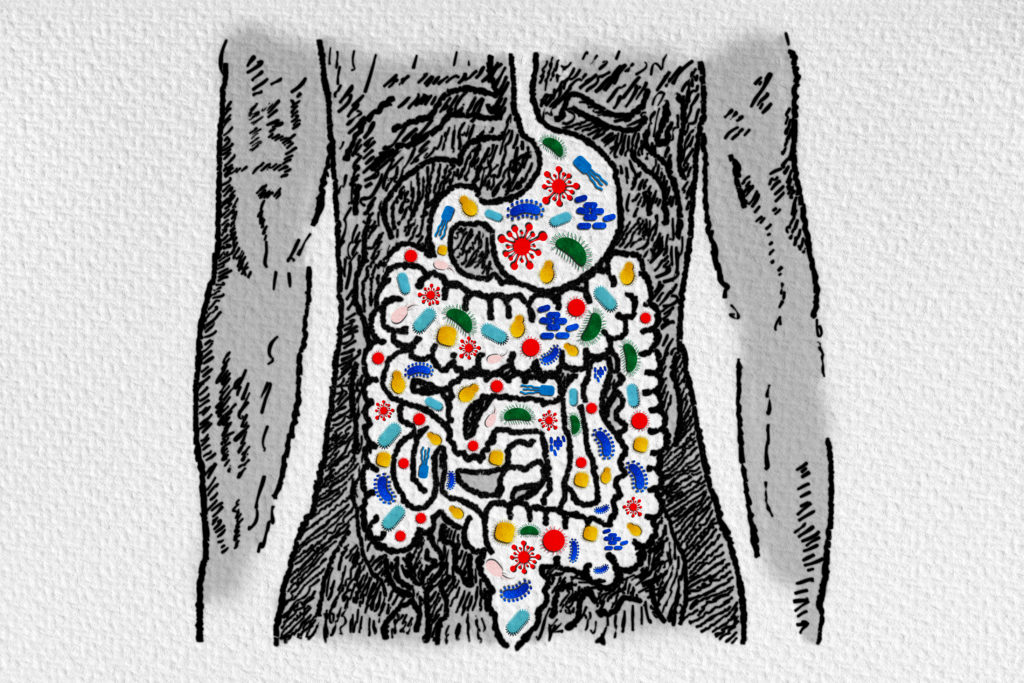Quick HitsDaily brief research updates from the cognitive sciences aving more children and late life cognition is not something that is generally researched. There are more obvious avenues such as diet, education, exercise, or socio-economic...

Can Having More Children Reduce Cognitive Functioning?
Quick Hits
Daily brief research updates from the cognitive sciences

Having more children and late life cognition is not something that is generally researched. There are more obvious avenues such as diet, education, exercise, or socio-economic factors. That’s also why this recently published study caught my attention.
So, (to put it bluntly) can having more children make you stupider in your old age?
It seems so, but first let’s understand the limitations and why this could be the case.
First, this study, out of Columbia, analysed data from the Survey of Health, Aging and Retirement in Europe (SHARE) to look at the extent to which having three or more children, versus two children, affects late-life cognition. SHARE collects representative data from 20 European countries and in this case they were over 65 and had at least two biological children.
So, what did they find – well, yes, as I said they found that having three or more children, compared to two, reduced cognitive ability in later life – this was equivalent to 6.2 years of aging. That is a pretty large effect. Of note is that they crunched the numbers to indicate causation rather than correlation.
This effect was worst in northern European countries likely because in these countries having more children does not confer any additional resources or benefits.
What do they consider the reason for this:
-
- Having additional children incurs significant costs which can lead to a decreased quality of life or dropping below the poverty line.
- Having additional children lowers women’s labour market participation. This further lowers income but also working confers cognitive benefits.
- Having children is stressful and can have longer impacts on health and mental health
Of note is that it seems that there is no additional social benefit from having three or more children over two – social contact does not increase. These effects were much larger in the North of Europe than the South for multiple reasons such as cost of living and social structures.
The study didn’t explore other variations such as comparison to having only one child or none – they recommend this for future studies. It is also important to have this knowledge with people living ever longer and late life health and cognitive functioning becoming ever more important.
So, all in two children is enough – and that is exactly what I have. Phew!

Andy Habermacher
Andy is author of leading brains Review, Neuroleadership, and multiple other books. He has been intensively involved in writing and research into neuroleadership and is considered one of Europe’s leading experts. He is also a well-known public speaker speaking on the brain and human behaviour.
Andy is also a masters athlete (middle distance running) and competes regularly at international competitions (and holds a few national records in his age category).
Reference
Eric Bonsang, Vegard Skirbekk.
Does Childbearing Affect Cognitive Health in Later Life? Evidence From an Instrumental Variable Approach.
Demography, 2022
DOI: 10.1215/00703370-9930490
More Quick Hits
Can Having More Children Reduce Cognitive Functioning?
How Sleep Helps Your Brain Manage Fear
Quick HitsDaily brief research updates from the cognitive sciences leep on i” is common advice for many reasons. Often to consolidate thoughts and help boost creativity. This is a well-known effect. We also know that sleep is the time that helps to...
Video games can boost children’s intelligence
Quick HitsDaily brief research updates from the cognitive sciences ell, this is not the answer many of us would expect, and it goes against other logic of spending more time doing other things such as reading or socialising with friends...
Just how many people get COVID brain?
Quick HitsDaily brief research updates from the cognitive sciences here are many questions still open about COVID and the brain. There is no doubt that long COVID exists, and this can have dramatic impacts on people’s lives. But just how...
Brain networks and losing weight – successfully or not
Quick HitsDaily brief research updates from the cognitive sciences s weight loss all in the mind? Well, with the danger of oversimplifying a complex topic, this latest research shows it is, and shows precisely how and with what networks. So,...
Reversing aging – with poo!
Quick HitsDaily brief research updates from the cognitive sciences ho wouldn't want to age better - well the results of an unsual study are in and the results are promising and may make many of you who are aging prick up your ears. The...







